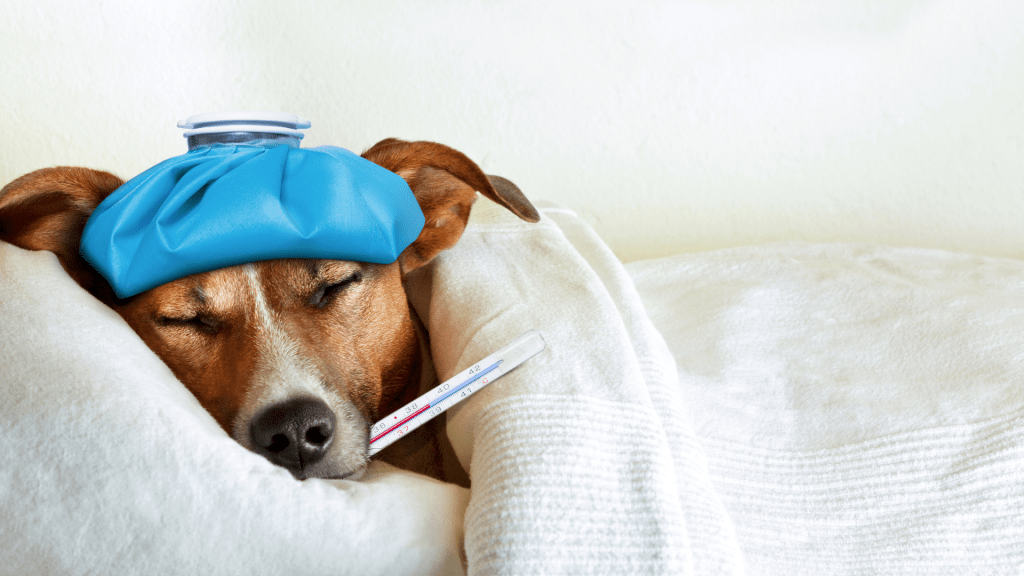
Avoiding Alcohol-Related Headaches at Work
November 28, 2019
A few beers at the match the night before, mid-week drinks or a catch-up with friends over a few glasses of wine. In moderation this kind of drinking is fine. But research from the Drink Aware campaign shows that as many as 89,000 people could be hungover or under the influence at work. Which could pose difficulties in the workplace.
As the festive season draws near, the likelihood of your staff turning up to work a little worse for wear is increasingly likely. So how can you, as an employer, solve this alcohol-induced headache?
Alcohol and Work – A Modern Concern?
In the past, it was considered completely normal to visit the pub at lunchtime with colleagues and have several alcoholic drinks before returning to work. However, consuming alcohol at lunchtime has become something of a social taboo that’s frowned upon by both organisations and their workers.
In modern Britain, even traditionalists like Lloyd’s of London, have banned lunchtime drinking due to alcohol-related harassment cases.
The reasons for this change are clear as alcohol is associated with lower productivity levels, reduced inhibitions and the potential for mistakes to be made. Plus the chance that staff could place themselves and others at risk.
For employers, there are two alcohol-related situations that need to be considered, planned for and dealt with.
24-Hour Party People
It’s easy to forget that alcohol can stay in your bloodstream for up to 24 hours after you finish drinking. As anyone who’s used an online alcohol calculator will know, it can be surprising how long it takes to be safe to drive after a few drinks. A bottle of 13% wine that’s consumed by 11pm means you probably can’t drive legally until 10am.
What does this mean for you as the boss? Under the Health and Safety at Work Act 1974 you have a duty, as far as is reasonably practical, to protect the health, safety and welfare of all your staff.
This means, if someone is still under the influence of alcohol or is a risk due to a hangover, you have a responsibility to stop them from working. Knowingly allowing an employee to work under the influence of alcohol and putting colleagues, customers or the individual at risk could result in prosecution.
Sending the individual home is probably the safest bet. But don’t forget, you’ll need to ensure they get home safely, which could mean getting them a taxi or a lift home.
Make Your Position Clear with Policy
To protect your business and yourself, it’s a good idea to have a policy around alcohol and the workplace. Depending on the nature of your business, you might decide to completely ban the consumption of alcohol during or immediately before working hours.
Or it may be appropriate to allow moderate drinking at lunch or with clients at meals for example. You’ll need to decide which approach is safe and suitable for your business.
Your policy needs to be clear that if an employee shows up to work under the influence of alcohol, then this will be classed as a gross misconduct offence usually resulting in a disciplinary process.
From Hangovers to Alcohol Dependency
Dealing with people who are under the influence is one aspect of dealing with alcohol in the workplace. But what about situations where staff have had a few drinks the night before and arrive in work hungover? Where do you stand then?
This probably depends on the severity of the hangover. A slight headache and raging thirst could pose a low enough risk to be tolerated in the workplace – particularly in low-risk roles and environments. However, it’s not pleasant for other workers to put up with a colleague who’s not pulling their weight with a waft of alcohol on their breath.
As long as this only happens occasionally and performance is not regularly impacted, there’s probably no need to address these kinds of situations.
However, repeated offences could be an indication that someone is alcohol dependent, which is another issue entirely.
Providing Support for Your Staff
Its likely that colleagues and supervisors will be the first to notice a change in behaviour, alcohol on the breath or someone struggling to complete their work effectively or safely.
In this situation, it’s important that everyone feels able to speak up so help can be provided. With the right support in place, it’s more likely that individuals will come forward enabling you to take action.
Employee assistance programmes are an excellent way to provide help to your staff. Not only do they provide phone helplines but face-to-face counselling sessions that will help staff address any underlying issues causing alcohol misuse.
Company Events
With Christmas fast approaching it’s likely company events will feature alcohol. So refresh your policy, or get on in place ahead of time, then communicate your expectations to line managers and staff. There’s no need to be heavy handed – a light touch communication about everyone enjoying themselves responsibly should set the tone.
If your event is at a venue with bar staff, ask them to refuse service to anyone who looks like they’ve had enough. Don’t forget – if it appears you have encouraged staff to over-consume, it can be difficult to dismiss anyone for gross misconduct offences relating to alcohol.
If you don’t have an alcohol policy in place, we’re more than happy to draft one for you. Ensuring everyone at your company has a very merry Christmas without the hangover.
Contact Olga at Tercus HR today on 0330 555 1139 or at hello@tercushr.co.uk.


